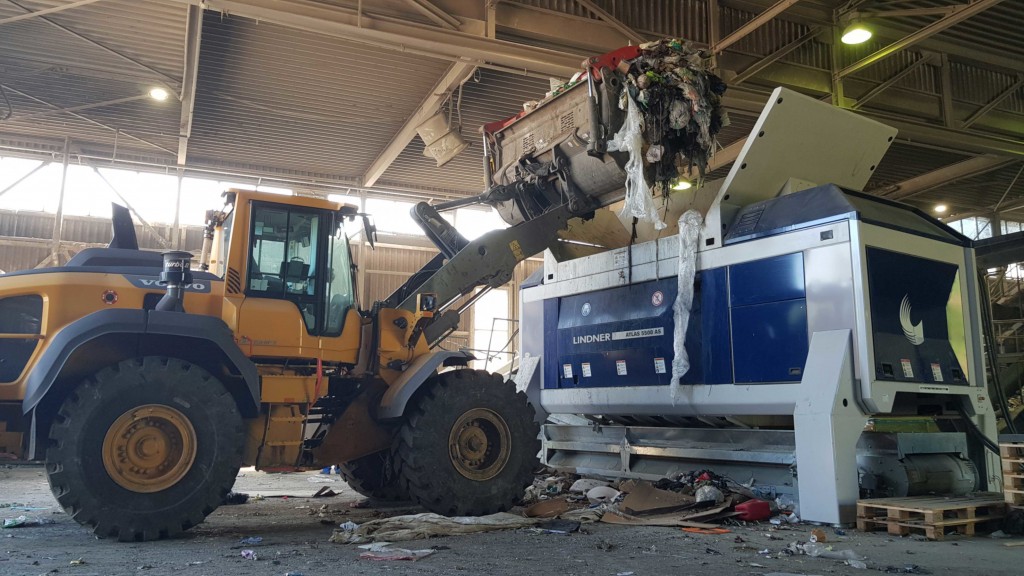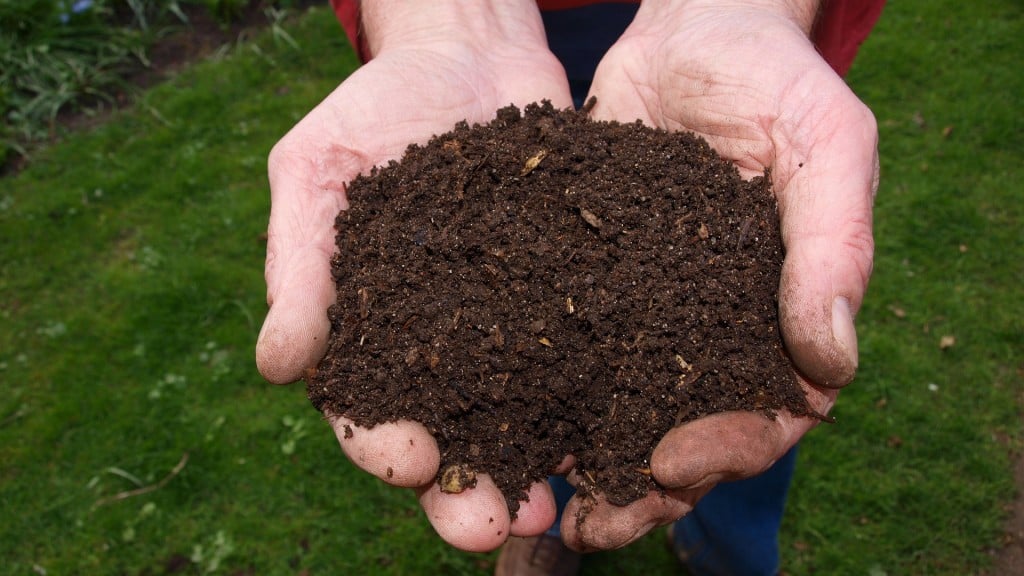Lindner introduces next-generation Atlas twin-shaft pre-shredder

At the beginning of October Lindner, the Austrian specialist in shredding technology and system solutions for waste processing, invited guests to the company's Lindner Atlas Day, held on the shores of Lake Wörthersee, Austria. At the event, Lindner presented their eponymous next generation twin-shaft primary shredder for automated 24/7 operation. According to Lindner, visitors from all over the world attended their event, from countries including Brazil, Morocco, Russia, China and Japan, and included the who's who of the international recycling industry.
"At the moment, everything is heading towards a circular economy," said Stefan Scheiflinger-Ehrenwerth, Head of Product Management at Lindner Recyclingtech. "Our diverse, international audience is proof that this trend is not only emerging in Europe, but all over the globe. In addition to the steadily increased recycling rates set by the EU, the 180 countries adhering to the Basel Convention, which governs the export and disposal of hazardous waste, have also decided to include plastic in the list of waste requiring 'special consideration'.
Scheiflinger-Ehrenwerth said these developments call for new technologies that will make it possible to cope with the ever-growing amounts of waste and to process them efficiently. To achieve this goal, he said, Lindner's design team focused on successfully combining the following three aspects in the Atlas shredder: ideal output size and chunkiness for subsequent sorting processes with high energy efficiency and 24/7 operation.
The next generation of the Atlas 5500 pre-shredder focusses on the ideal output size and chunkiness for subsequent sorting processes with high energy efficiency and 24/7 operation.
New to the latest Atlas generation is the FX fast exchange system. For maintenance with minimum downtime, the entire cutting system can be completely exchanged in under an hour. Thanks to a second cutting unit, made up of a shaft pair and cutting table, it's possible to keep up production while, for example, welding work is carried out on the rippers.
With the new FX fast exchange system of the Atlas 5500 the entire cutting system can be completely exchanged in under an hour.
According to Lindner, in waste processing, the trend is clearly towards automation. However, robots and separation technologies such as NIR sorting require uniformly flowing material - in terms of both flow rate and particle size - in order to be productive.
Scheiflinger-Ehrenwerth explains: "Our tests have shown that materials shredded to the size of an A4 sheet and with a low fines content are ideal for preventing as many picking errors as possible in subsequent automatic sorting processes. The Atlas' ripping cutting system is simply tailor-made for that. Even collection bags for plastic waste can be ripped open easily without shredding the contents."
He continued, "Due to asynchronous shaft operation, where the shafts shred effectively in both directions of rotation, we additionally achieve a constant material output of approx. 40 to 50 metric tons per hour. This means that the shredder continually delivers enough material to the conveyor belt to be perfect for productive sorting."
Scheiflinger-Ehrenwerth said this fantastic performance is only possible thanks to the Atlas' specifically engineered drive concept. The Atlas 5500 is equipped with a purely electromechanical belt drive. The intelligent DEX (Dynamic Energy Exchange) energy management system ensures that the system always runs at the optimum operating point and that the shafts change direction up to three times faster than in conventional drives. This is particularly important when shredding tough or wet and heavy materials. Furthermore, the kinetic energy generated by one of the shafts while braking is recovered and made available to the second shaft. This results in the drive unit consuming 40% less energy, which makes the shredder magnificently efficient.
With the intelligent DEX energy management system the drive unit consumes 40% less energy compared to other pre-shredders. The kinetic energy generated by one of the shafts while braking is recovered and made available to the second shaft
In addition, Lindner made sure that operating the shredder is easier than ever before by introducing a completely new control concept. In future this will be standard in all new Lindner machines.
"It's getting more and more difficult to find skilled staff, and not only in our industry," added Scheiflinger-Ehrenwerth. "For the new Lindner Mobile HMI, we redesigned the entire navigation menu and tested it with completely untrained people until all functions relevant for controlling the machine were self-explanatory. What's more, in standard operation it's possible to control the shredder directly from the wheel loader by remote.
"In addition to our other modernisations, we received particularly positive feedback for this innovative feature. With the latest Atlas Series, we are truly moving in the right direction."
The Lindner family business has been offering innovative, tried-and-tested shredding solutions for decades. At its production facilities in Spittal/Drau and Feistritz/Drau in Austria, Lindner manufactures machines and system components that are exported to almost one hundred countries. In addition to stationary and mobile shredders for waste processing, the portfolio also includes complete systems for plastics recycling, SRF and waste wood processing.
Lindner shredders can be used among other things for municipal solid waste, commercial and industrial waste, waste wood, plastics, packaging material, paper and light scrap.



